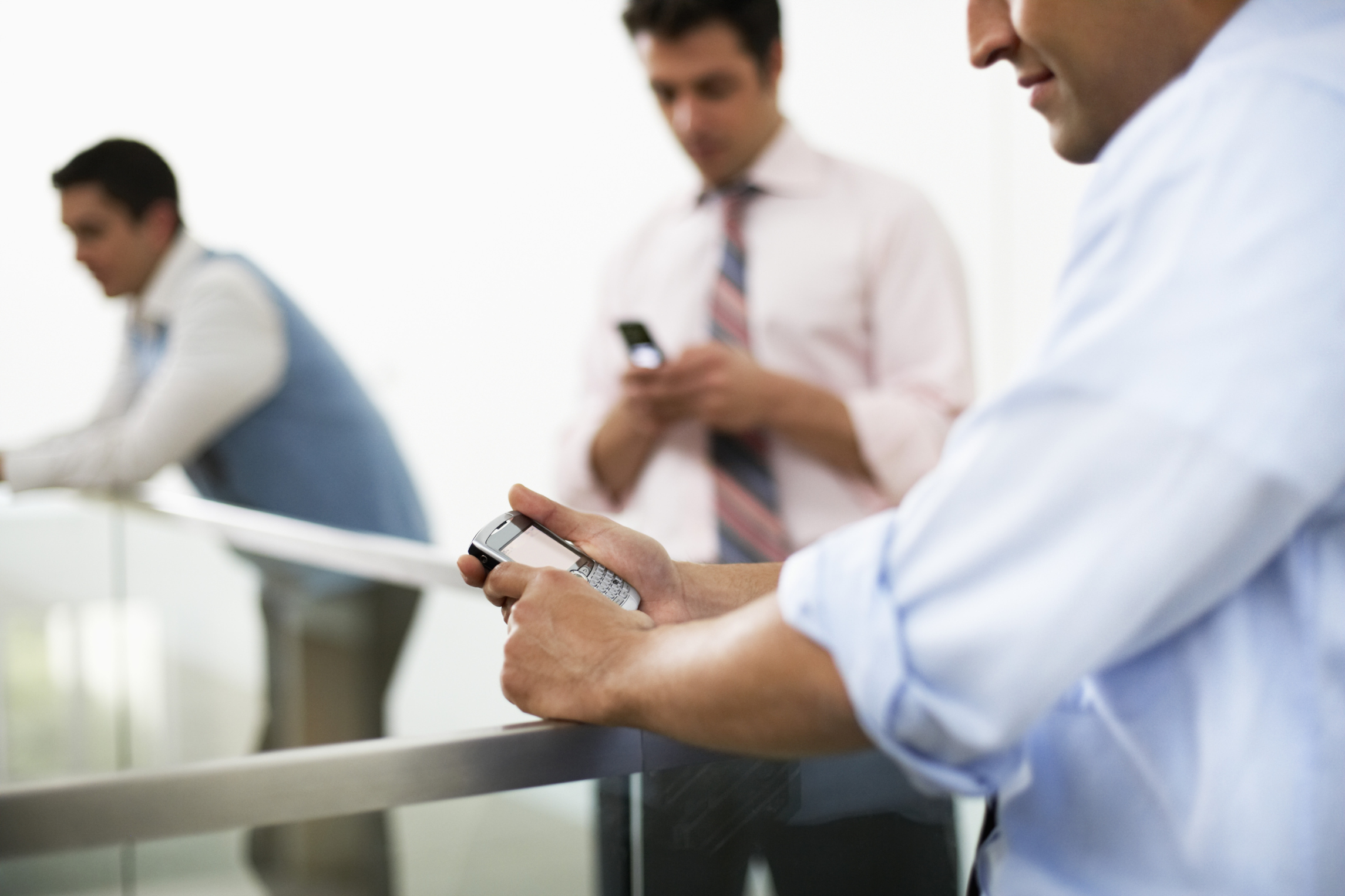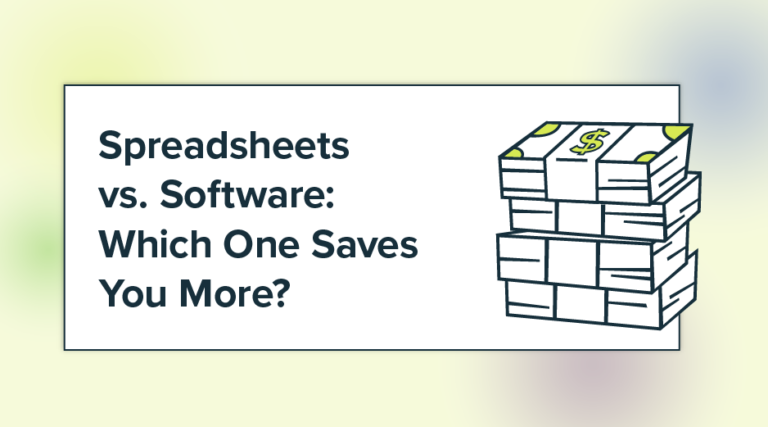There’s no question that email has dramatically changed the workplace. Communication that previously required personal contacts by phone or in person can now be settled efficiently through instant correspondence. It’s hard to imagine life without it. In business, email has become a tool we simply cannot live without.

But just because we CAN email doesn’t mean we SHOULD email. Like all tools, email should be used when it makes sense. We’ve probably all heard stories of email blunders, some simply embarrassing to the sender, but some with serious consequences, like losing a job or a friend. And we are all aware of the time burden that email imposes with its in-your-face presence!
To help you avoid email perils, here are five tips for using email better.
Tip #1: Close Your Inbox When You’re Not Actively Emailing
Email can distract you from important job tasks. You may hear the exciting chime or see the alert popup when a new message appears in your Inbox. But this takes your concentration off the task at hand. Refocusing not only takes extra time, but takes extra energy. If you’re not actively emailing, close your mail application, and don’t reopen until you are ready to deliberately tackle your emails.
Tip #2: Decide If Email Is the Best Tool for Your Communication
Email has become the default means of communication in many industries, but it’s not always the best way to communicate. Before you begin composing your email, take a moment to ask if email is the best way to reach out. Perhaps a phone call, a visit, or (dare I say) snail mail is better for your message. Tapping out an email may be easiest for you, but email may not be the best medium for your message.
Tip #3: Proofread Your Emails Before You Send Them
When I receive an email with misspelled words or bad grammar, it immediately loses credibility to me. I wonder if the sender is really serious about the message. My concerns would have been allayed if the sender had done some simple proofreading. Although proofreading an email takes just a fraction of the time to compose one, checking your work can help your message retain its value. Make sure to proofread and spellcheck; your reader and your message deserve it.
Tip #4: Respond to Email Only During Work Hours
Except for emergencies and being on-call, I recommend responding to work email only during work hours. With smartphones, email is always upon us, so it’s tempting to fire off emails at all hours of the day or night. However, this pattern can set an expectation that you’re always available. My guess is that you don’t want to be. Maybe you actually want a personal life. Resist the temptation of business emailing during non-work hours. And it’s generally best to avoid personal emails during work, for a multitude of reasons.
Tip #5: Don’t Email Something You Wouldn’t Say
With email, we don’t have to look in the recipient’s eyes when we communicate our message. We don’t have to watch as they digest our words. Email can dull our sense of moral responsibility and personal consequences by adding a veil of distance that seems to offer protection. But it’s only a veil. At the other end of the email is a real person with feelings. Don’t email something you wouldn’t be willing to say face to face.
By following these tips, email can be a helpful tool, not a hindrance. Do you have some additional tips on using email better? Share a comment with us!
{{cta(‘6c6d31b0-075e-42be-a584-d024cacb842f’)}}
 Best-in-class portfolio-level energy and utility bill data management and reporting.
Best-in-class portfolio-level energy and utility bill data management and reporting.
 Real-time energy and sustainability analytics for high-performance, net-zero buildings.
Real-time energy and sustainability analytics for high-performance, net-zero buildings.
 A holistic view of financial-grade scope 1, 2, and 3 carbon emissions data across your entire business.
A holistic view of financial-grade scope 1, 2, and 3 carbon emissions data across your entire business.
 Energy and sustainability benchmarking compliance software designed for utilities.
Energy and sustainability benchmarking compliance software designed for utilities.



